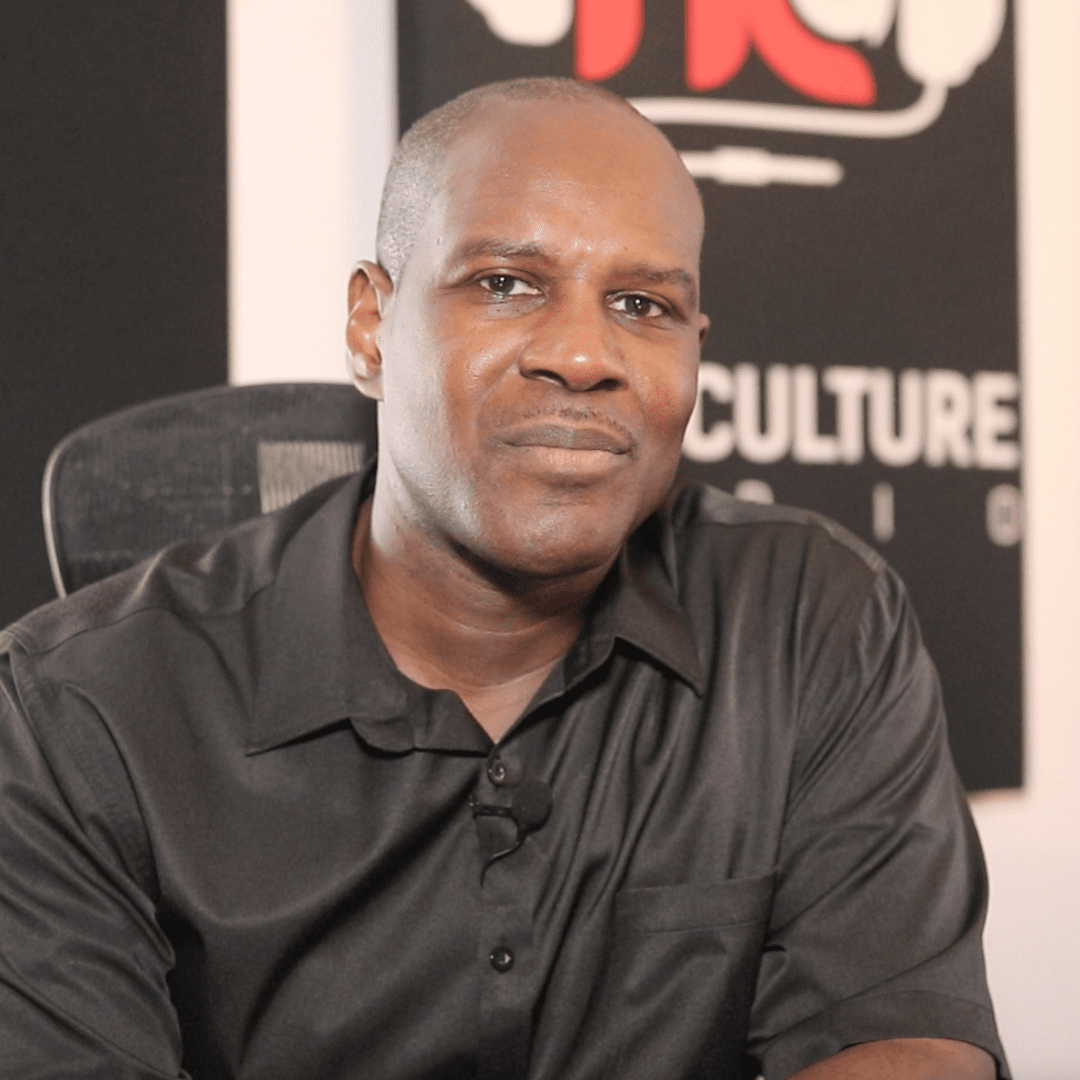3 Fundamental Financial Tips in and out of season with Chase Bank Community Manager Darrin Wilson
How do you save in a minimum wage economy? Vice President, Community Manager JP Morgan Chase Bank Delaware, Darrin Wilson dropped in on The Corelink Solution to discuss financial freedom; how to budget, save, and learn to manage your credit to become financially fit.
What is Financial Wellness?
Financial wellness is defined by healthy spending practices. After the economic strain of the covid-19 shutdown, inflation is on the rise at a whopping 6.5%! And we are all feeling the pinch, especially at the pump. So how do we save in this post-pandemic economy? By being smart, says Wilson. Budget, save and manage your credit consistently. “If you live within your means you’re prepared and ready to handle the fluctuations of the economy that’s going to be impactful to the buying power of your money.”
Why is saving so important? “It sets up your future. For yourself. For your family. You’ve got to learn how to save, you have to teach your children how to save because nothing is guaranteed. Jobs are not guaranteed. We know the economy is not guaranteed,” the 15-year financial services veteran says. The prices of goods and services always outpace interest in savings. So then how do you save?
“When I talk about savings, I talk about an intentional goal-oriented approach.”, Wilson explains. Utilizing the S.M.A.R.T. goals method creates accountability and offers a blueprint to guide you on your journey to financial freedom. The first step is setting a goal. You’ll want to be specific. “All this centers around living within your means. Because if you’re out there buying Cadillacs and you have a Honda budget then you’re going to be in trouble.”
After you’ve set your specific goal, you want to measure it. “How much does that goal cost me? Is it achievable? What do I need to do to make sure I can reach that goal? We need to set up a systematic approach toward reaching that goal.” Whether it be 5 dollars a week or $100 a month, Wilson emphasizes the importance of an achievable goal. It doesn’t matter what you are buying. What matters is making sure your goal is aligned with your budget.
And lastly, you have to put a timeline on it for accountability. Without a target date, “All this doesn’t matter if you don’t put a timeline to it. Then it’s just a mental thought. Put it up on the wall. So, every morning when you wake up you see that goal. And you live your life by your values and your values generate your goals. So that’s how you begin to change your behavior, especially towards savings!”
Wilson goes on to say that if you are single the ideal savings goal is 6 months of living expenses and twice that if you’re married because you may have a family. Then stop! “Do not add any more money to it! Why because of the low-interest rate on savings accounts. “The inflation rate has hovered at 6% for the past 30 years…if we’re average 6% and your savings is only averaging 1% then that means the buying power of that money is eroding over time.” The cost of goods and services outpaces the interest that is earned for savings.” This is why investments are so important to financial freedom.
The Importance of a Budget
Budgeting is also one of the most important pillars of financial wellness. Wilson says that it makes you face reality. Needs versus wants play. You have to differentiate the difference. What’s most important to achieving your financial goals? “You have to be focused and very intentional. Every day God blesses you to wake up, you should be working towards your goals.” Wilson says a good rule of thumb is to get your expenses down to half of your income. Eliminate your wants first. And then take a look at your expenses and see if there’s something that can be adjusted, cut, or curbed.
What all this comes down to is managing finances. Another helpful tip Wilson gives is to stop using a debit card. Why? Security and the benefits of credit if used correctly. “The beauty of credit is one, I’m not using my credit right away. Two, it gives me a monthly running list of what I purchased that I can use to create that B word; that budget and create an expense report from that.”
Another benefit of using a credit card Wilson says is the ability to earn points and rewards. “Debit cards don’t do that. The important thing about credit cards is that you need to pay them off every month.” Wilson explains. “That’s called living within your means.” Understanding how credit works will also help your overall financial goals. The credit companies use what they call a utilization rate to determine your credit score and record your balance on the statement date. Therefore, “Your statement date should be your personal due date,” Wilson says. “You want to make sure you’re either at zero balance or at 20% [of your credit limit].”
For more helpful financial tips like these and other business and leadership strategies, visit The Corelink Solution and grab your copy of James Rosseau Sr.’s book, Success on Your Own Terms. Connect with James on Facebook, Instagram and Twitter and join the Holy Culture community.

Related Radio Show: The Corelink Solution Show

